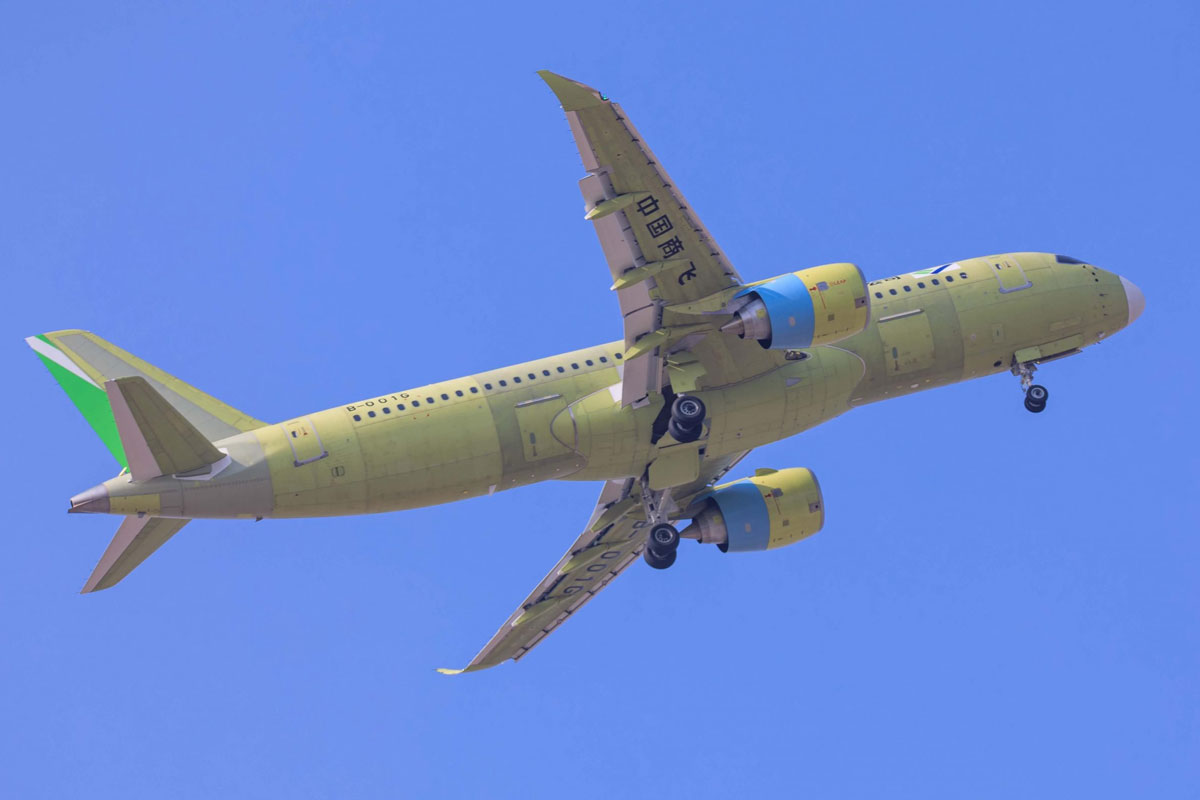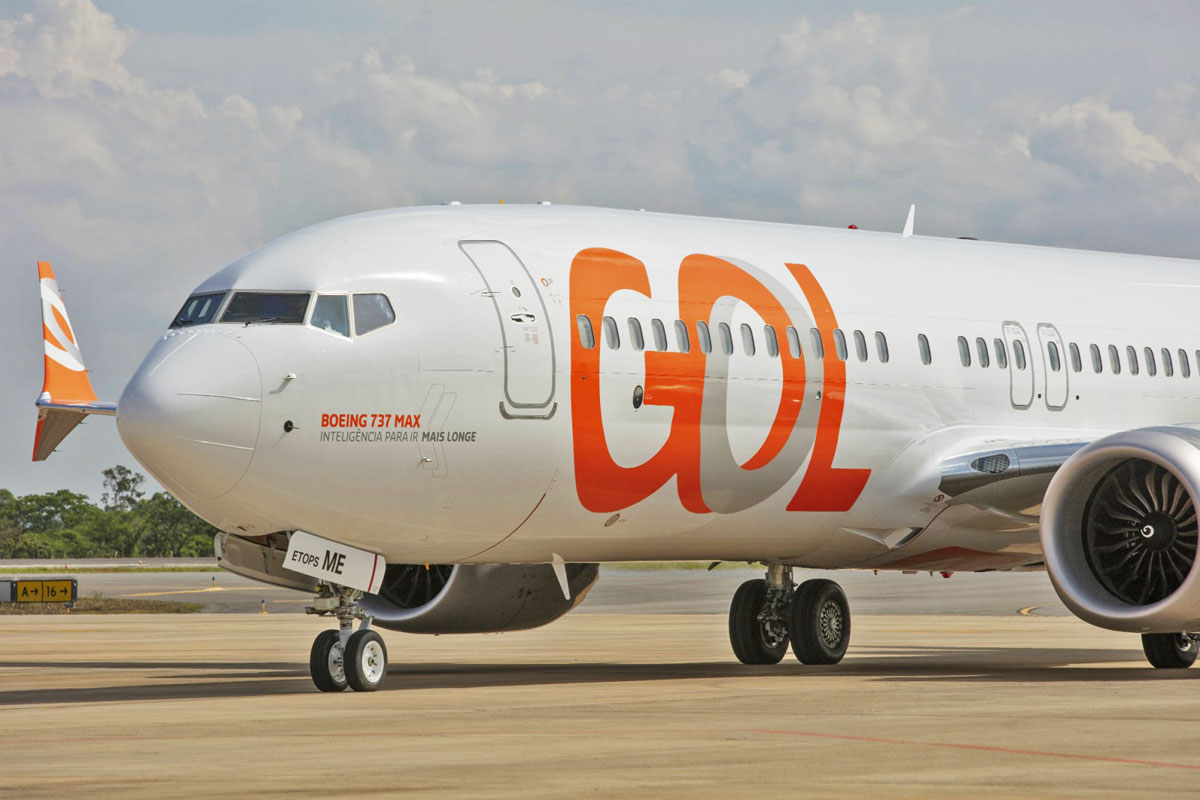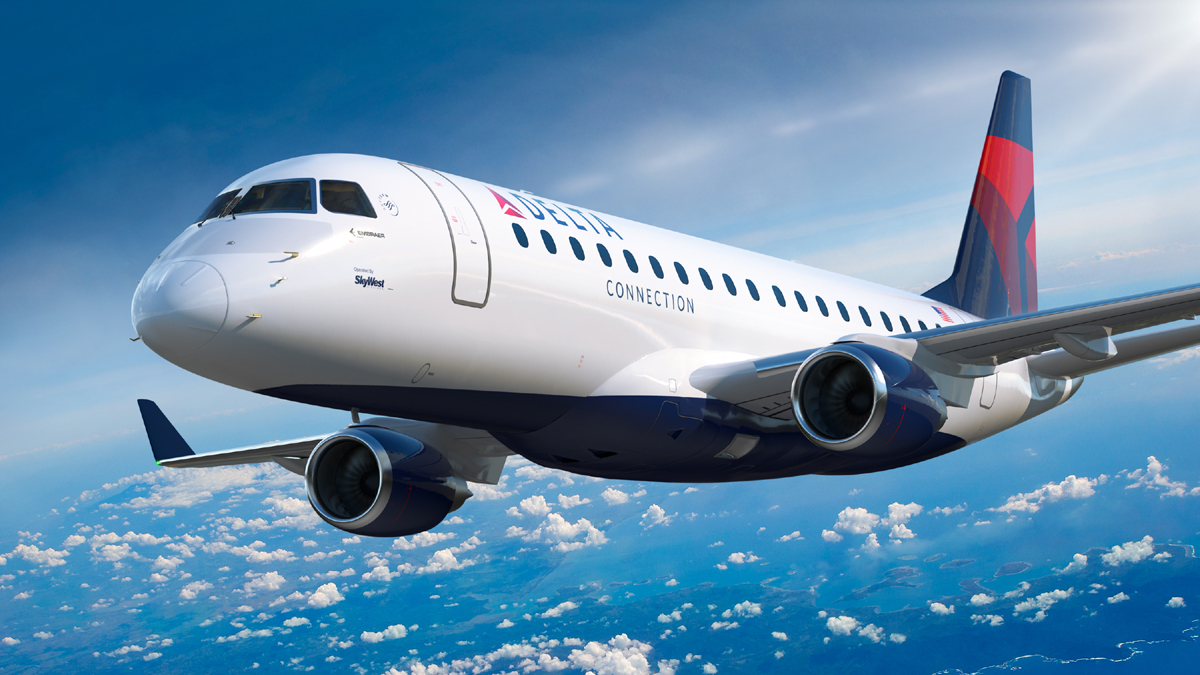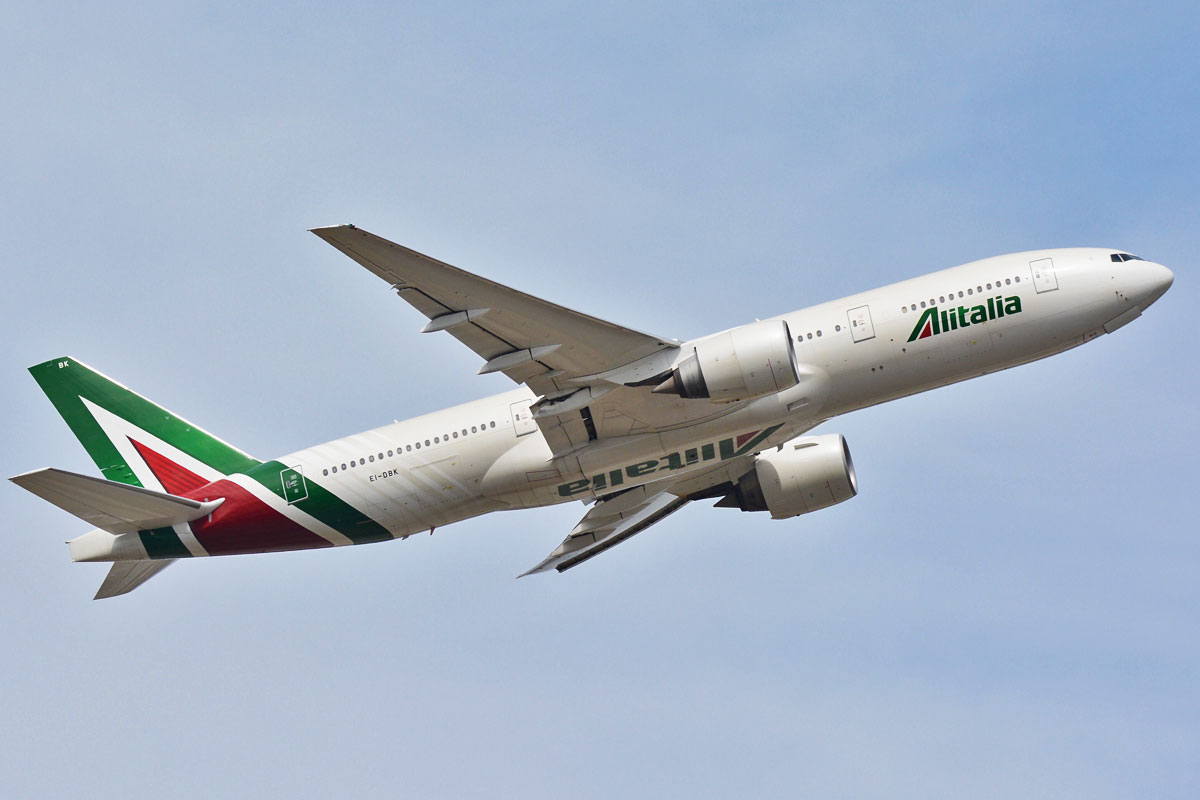For more than a decade in development, the ambitious COMAC C919 passenger jet would have suffered a new setback in December. According to Reuters, the Chinese manufacturer reportedly found that miscalculations underestimated the load that would be applied to engines and mounts, sending inaccurate data to CFM International, the supplier of LEAP-1C turbofans used by the aircraft.
According to the news agency, which has obtained information from four different sources familiar with the matter, the structure that supports the engines will need to be strengthened, which will further delay the certification program.
But it is not the only recent problem of the C919. COMAC would also have found cracks in the horizontal stabilizers in the first aircraft that were built and not yet repaired. In addition, a gearbox installed next to the engines would be vulnerable to cracking, which caused a engine shutdown on a test flight.
The cracks would be caused by vibration, a problem that also affected other turbofan manufacturers like Pratt & Whitney and Rolls-Royce.
Certification
The new contingencies should further delay the C919 certification, although COMAC denies delays. Earlier expected in late 2020 or early 2021, approval of the jet by CAAC, the Chinese civil aviation agency, could come after 2022, Reuters sources said.
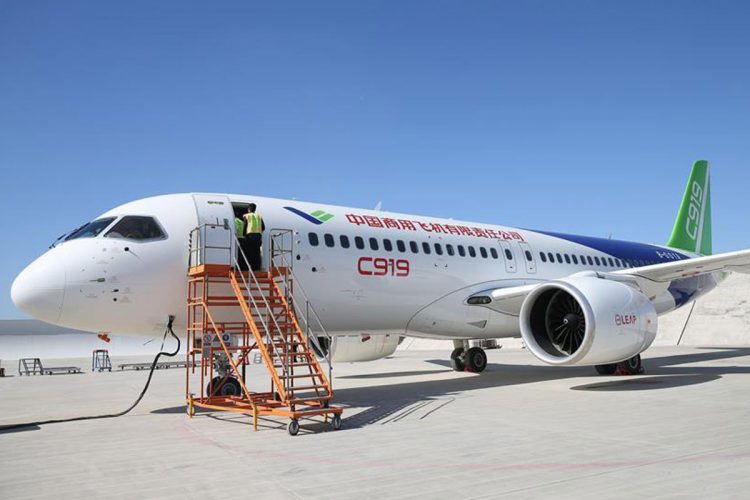
One of the program’s problems is the low number of hours the prototypes have flown so far. Although the first plane first flew nearly three years ago, less than a fifth of the 4,200 flight hours required for certification were achieved. In December, the C919 program was reinforced with the sixth test jet being finalized, a fiasco for the Chinese government’s plans to be self-sufficient in commercial aircraft.
With 815 purchase intentions, mostly from airlines and leasing companies in the country, the C919 is one of only two single-aisle jets of similar size and characteristics to the Boeing 737 and Airbus A320 – the other is the MC-21-300, from Russia.
COMAC promises to offer the C919 with A320-equivalent performance, but for a much more affordable price. The aircraft uses a number of Western components, but the US has accused China of industrial espionage to accelerate the development of local parts and equipment such as its LEAP-1C engines.

